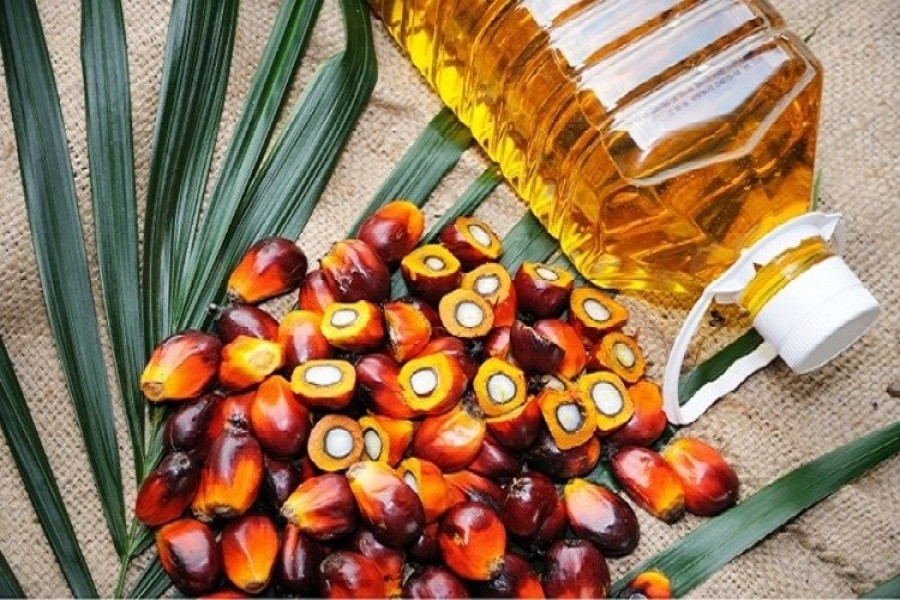
Published :
Updated :

For over a decade Bangladesh's economic prowess and prospects have been exemplary. Macro indicators have been more than promising, inflation reasonably under control and development expenditure in healthy mode. For all the siphoning-off of money from the financial system and glaringly galling graft cases, banks have essentially survived stress tests as per Basel requirements. There had been no premonitions by anyone that is someone about fragility in 'what if scenarios'. In the heat of the summer a cold truism faces the economy-a stress test if its own.
A new economic order is easing to quick for comfort tugging at fundamentals that had previously been almost sacrosanct. Russia is getting its way in selling fuel and energy at both profitable and cut-rates. Having outwitted and out-manoeuvred the rest of the west, she has also put to bed the early predictions of unbridled inflation. As it stands it's economy is only just a bit weaker. Opposed to that is the dire straits, especially of most European countries that had been walking the tightrope before the kerfuffle over Ukraine.
The steady stream of visitors to Russia were of world leaders, either in the initial days to get clarification on what was happening and what to expect. That allowed them to prepare accordingly. Those that went later did so for exit scenarios from economic woes. On the contrary, it has been European or those leaning to that continent that have picked their orchestrated way through Ukrainian rubble. The conversation there was more about sovereignty, refugees, aid and military aid. The repetition is deliberate. There's no free lunch as Ukraine must know, even before it counts the $4 billion a day cost being incurred and the massive aid and military bill running through the tills.
Two major players were conspicuous in not visiting either country. China, with Xi Jing Peng having reached a comforting agreement, vocal or not, with Vladimir Putin has chuckled like the little boy of the famed nursery rhyme. And of course India, Russia's close ally that was so reassured of AUKUS's membership and its ramification that it was able to soothe Russian nerves.
Size matters in the cold new world. China and India will be nicely cushioned with soft term oil supplies. Beijing now has the delicious vacuum in the Russian market to fill. World brands such as Coke, BAT, J P Morgan and hotel chains announcing they're leaving for good. Guess who is rubbing their hands in glee, thereby finding a smoother expiry channel to avoid the tariff-ridden western one.
When it comes to old fashioned sovereignty China has looked the other way as the 'limited operation' trundled in. India too, the world's largest democracy hid behind diplomatic words in refraining from outright condemnation. In a globally integrated economy India, China and everyone else are now scrambling around for greenbacks to pay for goods that have overnight doubled or trebled in price. Bangladesh has been hit by a happy Argentina and Guatemala in hiking up soybean oil prices, Indonesia has shut off supplies overseas of palm oil and India have banned most of its grain exports, particularly wheat as the third largest supplier in the world.
Each commodity has an impact on the price of others. Vegetable, meat, poultry, edible oil are all heading to historic levels as is the staple rice. There's absolutely no reason why rice prices should behave in such manner. Then again, there are companies, especially the big six that are being accosted for the unthinkable act of hoarding. These are companies that boast of corporate reputation standards and find it convenient to jettison their main bread and butter provider-the consumer. Similar had been the case with the big six in edible oil.
The government, wary of the onion sun by India two years in a row, are exploring unfashionable destinations for wheat. With the Prime Minister behind them authorities have begun raiding the big six to the extent of banning sales of packet rice. The next target should obviously be the millers. Economists are worried with the rapidity that prices of flour, atta, sugar, bread and even the popular savoury snacks doubling in price. The Prime Minister has called for sensible consumption and an eye on wastage. Austerity measures are being eased in by governments. Bangladesh Bank has for the first time forbidden writing off loans to fictitious companies till the courts make their ruling. Resolve will be sorely tested. It's a resilience that can't go pear-shaped and will send out a solid message. The tears of growth weren't just a flash in the pan.


 For all latest news, follow The Financial Express Google News channel.
For all latest news, follow The Financial Express Google News channel.